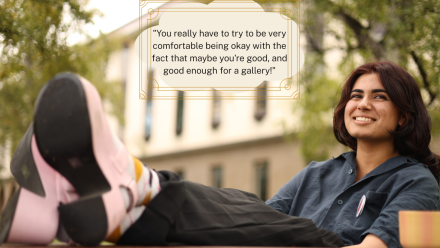Innovation through science for a better future
What does a koala hotel and satellite imagery of our landscapes have in common? ANU College of Science.
Our researchers are working on science led solutions to protect the environment and communities from the present danger of natural disasters and climate change.
A vast amount of research conducted at the ANU College of Science is informing how we address bushfires in the future. This includes salvage logging benchmarks to protect biodiversity after bushfires, and understanding the size and frequency of wildfires in Victoria to inform fire and land management nationally.
Our scientists have found that mallefowl building nests, bettongs digging for food or even insects eating fallen leaves can have important effects on the fuel that bushfires burn. Such important findings could lead to both conservation of the species and keeping fuel amounts low in the forests and woodlands they live in.
Through research collaborations with the ANU Institute of Space, ANU is developing the first Australian satellite designed to predict where bushfires are likely to start and which ones will be difficult to contain. The satellite will accurately measure forest fuel load and vegetation moisture levels across Australia.
Investing in the ability to detect large fires earlier will result in significant economic savings, and will reduce bushfire risk particularly in the context of climate change. Developing these technologies also helps our wildlife by protecting and mitigating the fire risk on their habitats.
With more than three quarters of Australian adults reporting they were negatively impacted by the 2019/20 bushfire season, the need for scientific led solutions is critical. At ANU, our scientists are shovel-ready and working on these complex issues. They are working on a better future to conserve and protect our natural environment and native wildlife.
By supporting the ANU College of Science research, you are investing in a better future for all of us. Join us, start here, and start now.


